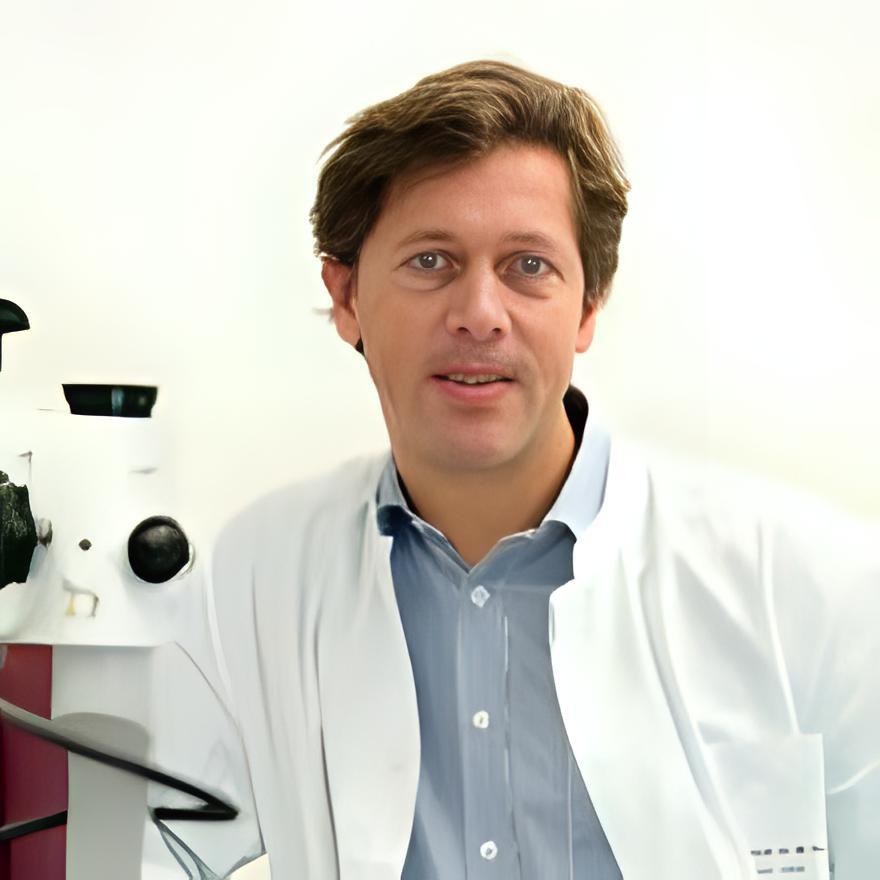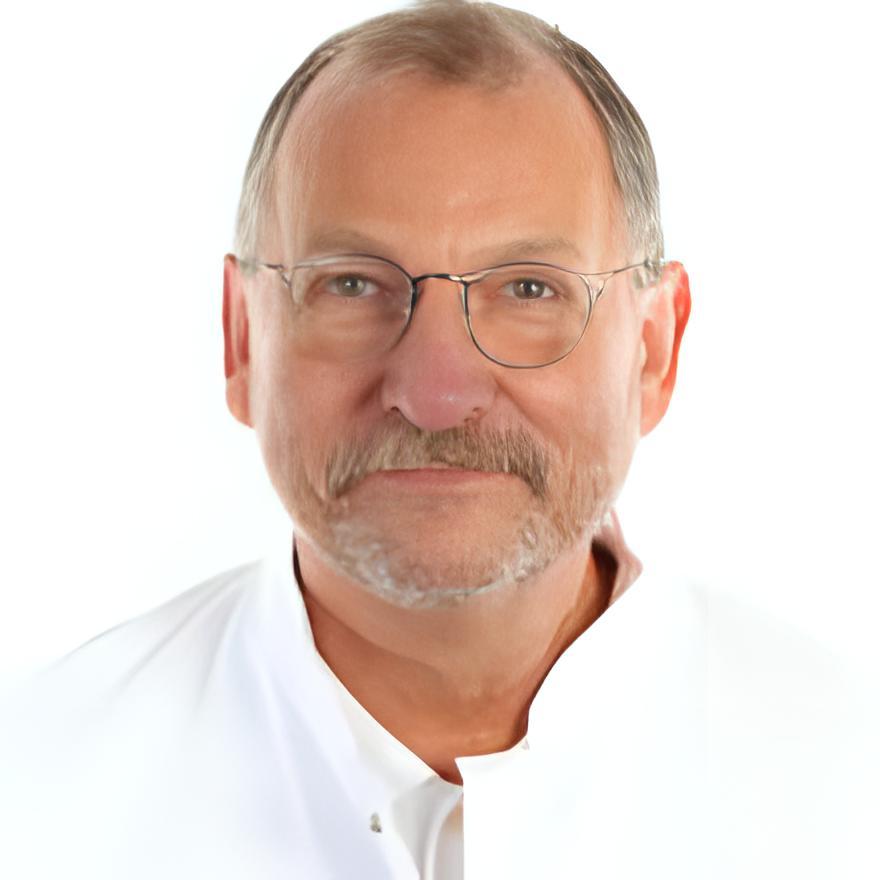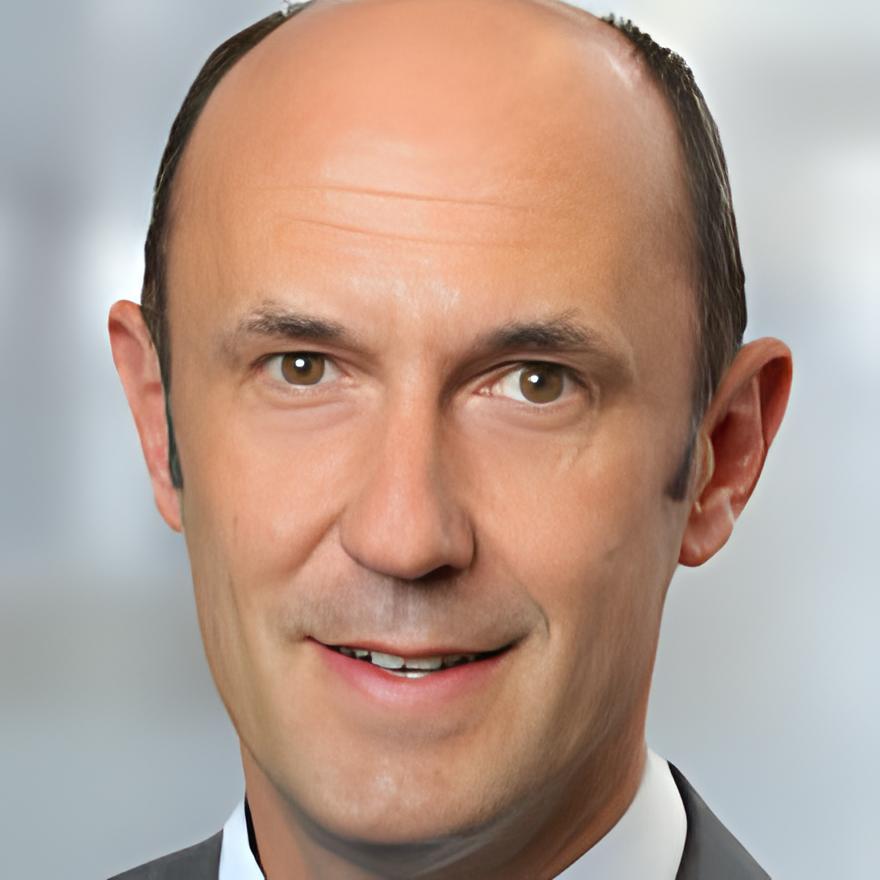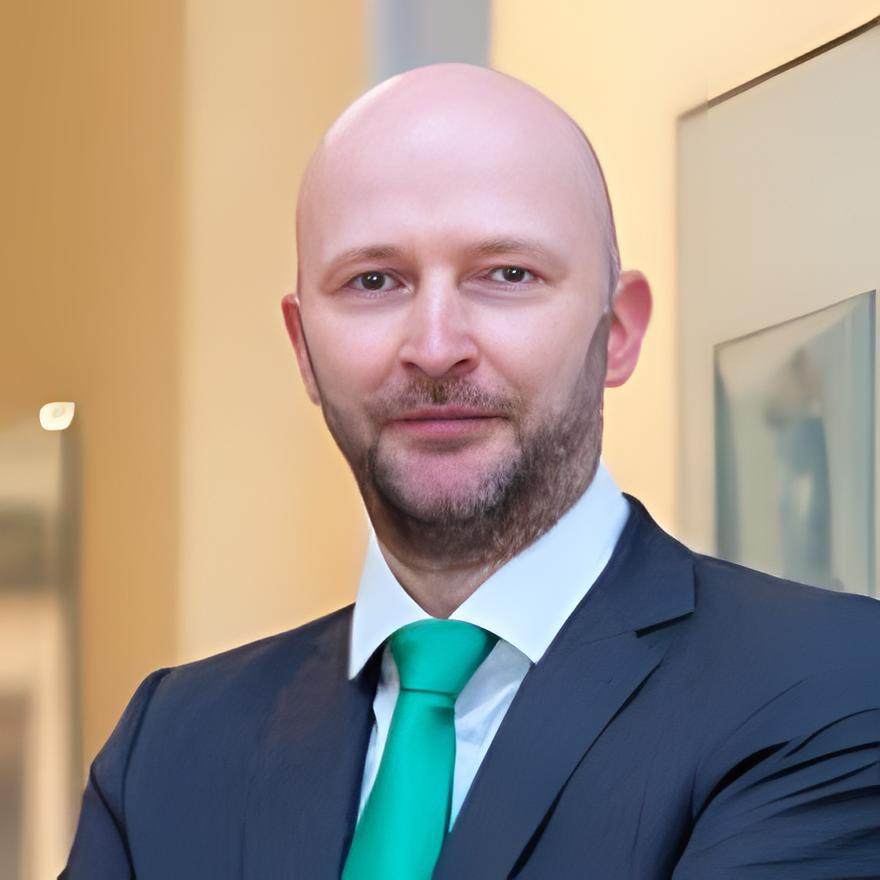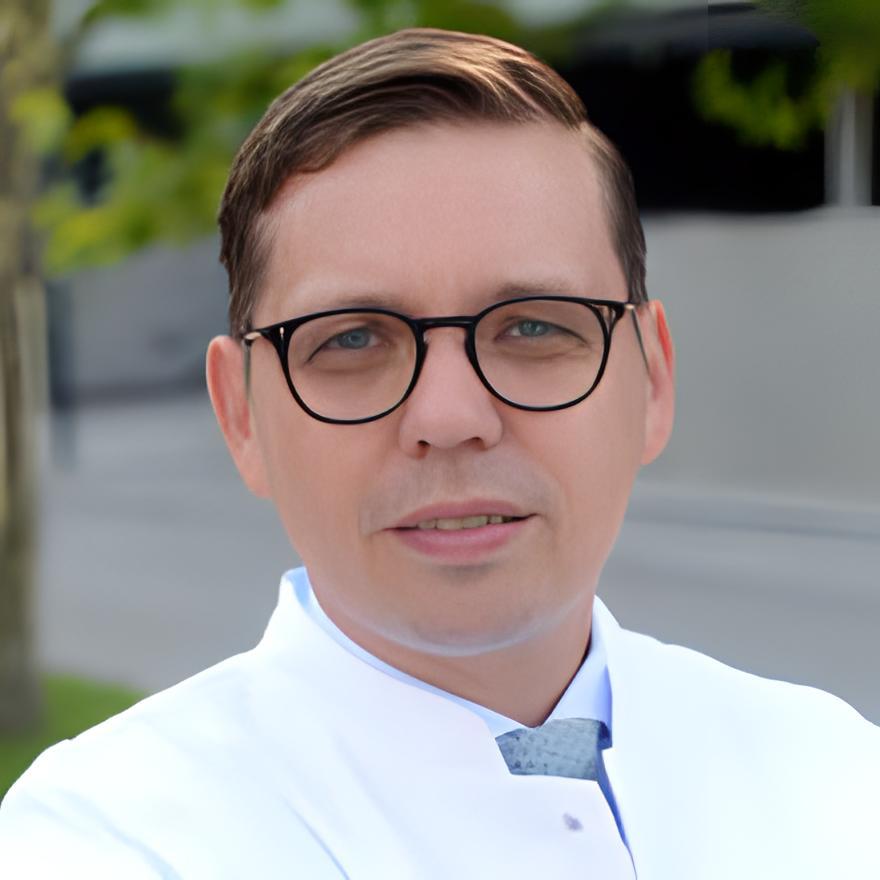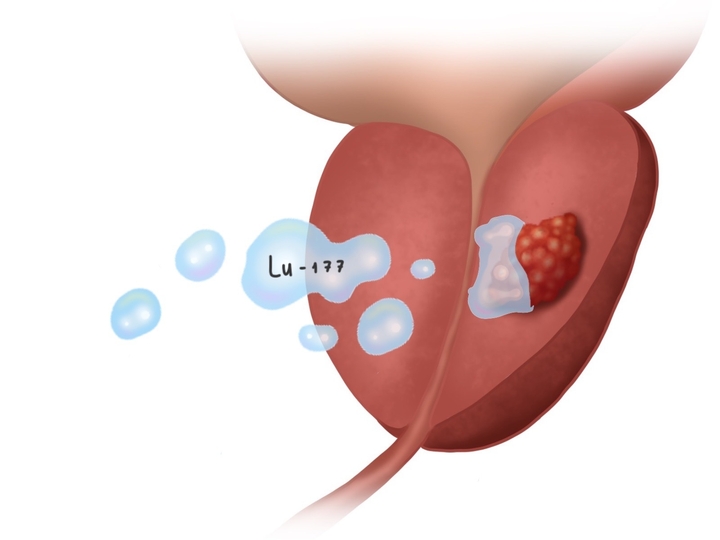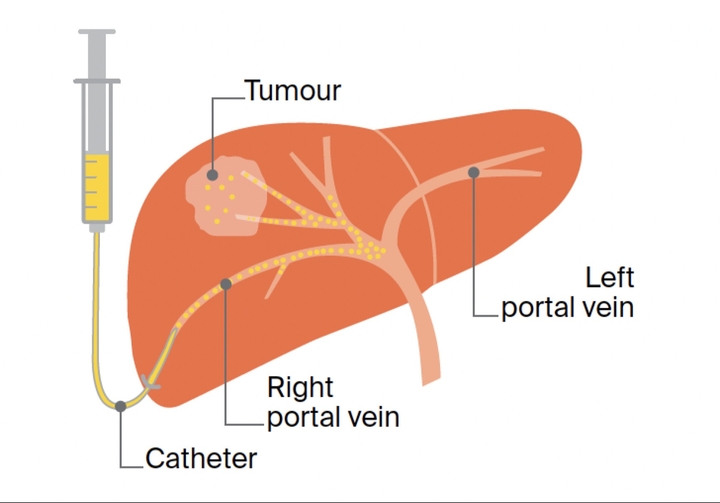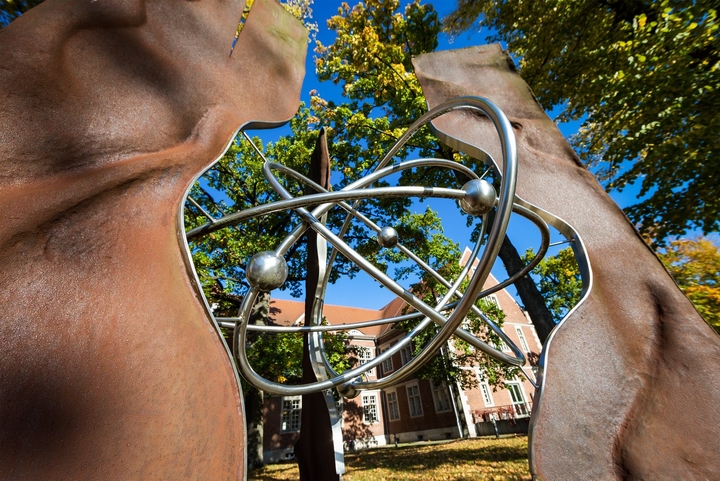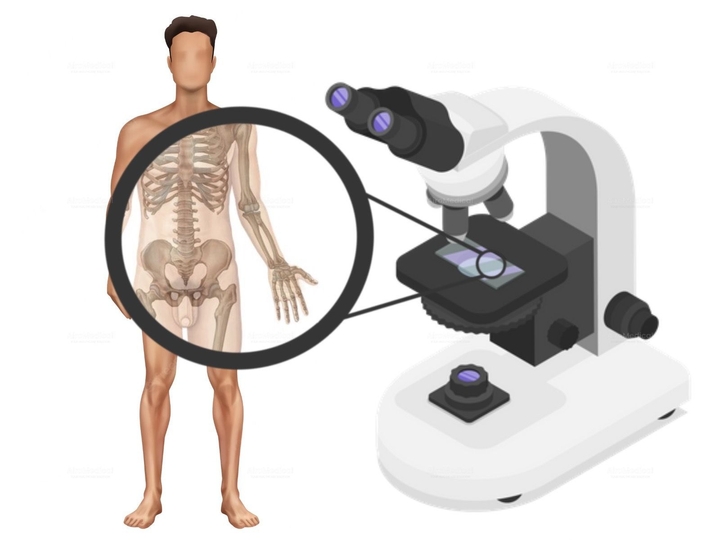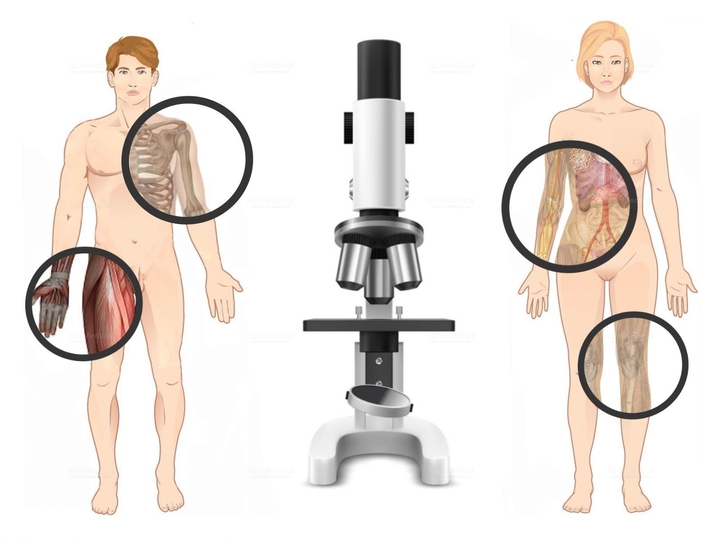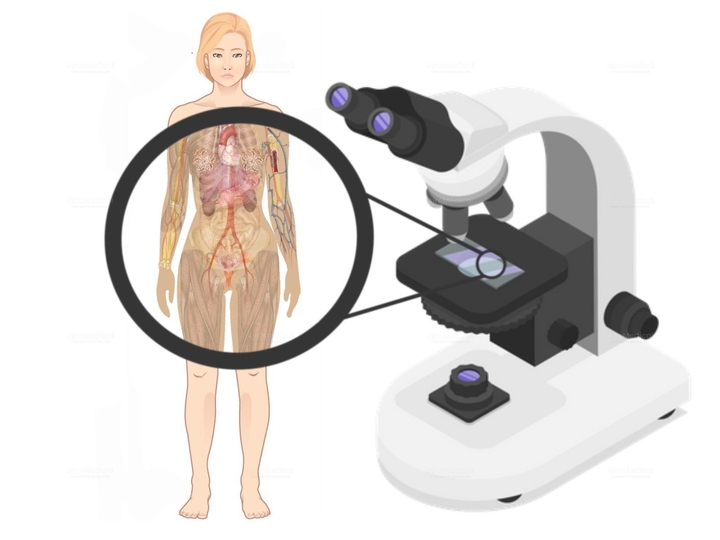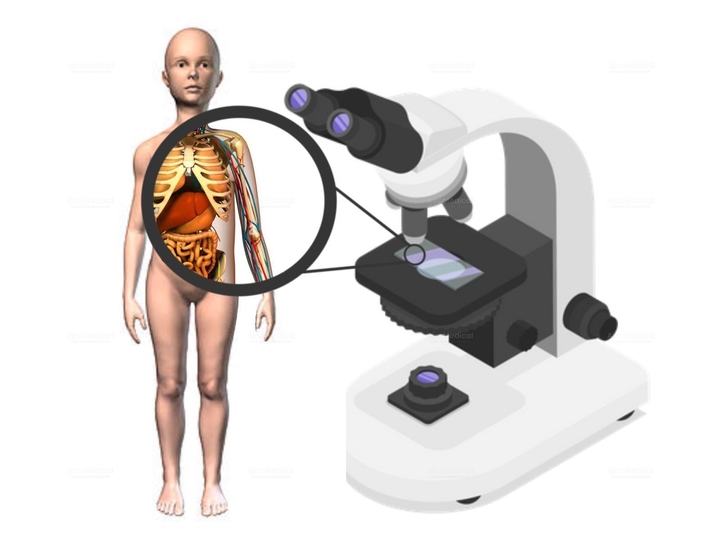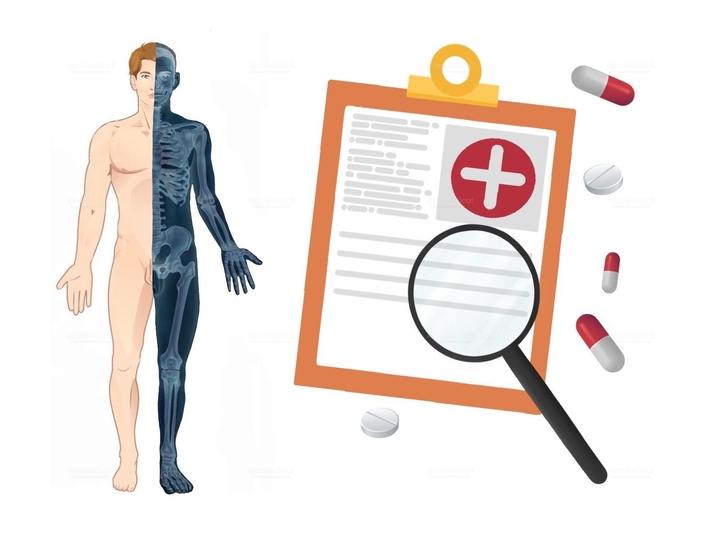Oral & Maxillofacial Surgery Worldwide: Best Hospitals, Doctors, Options, & Cost
Maxillofacial surgery is dedicated to diagnosing and treating various conditions affecting the face, mouth, jaws, and neck that require surgical intervention. It is typically employed when other treatment options are not viable or ineffective.
Advancements in this medical field have provided hope to numerous patients worldwide who, until recently, faced limited prospects for recovery. Doctors perform thousands of procedures globally daily in each hospital, addressing issues related to facial trauma, dental implants, jaw surgeries, and more. Many surgeries, like dental implant placement, significantly enhance patients' quality of life and help them regain normal function.
Specialized procedures from top maxillofacial surgeons are often unavailable in patients' home countries. Moreover, due to their successful track records, patients may travel to specialized hospitals, even if a traditional operation is required.
Best maxillofacial centers
Selecting the best maxillofacial surgery clinic
When deciding to undergo maxillofacial surgery, patients are often faced with the difficult choice of clinic. Typically, we decide based on the hospital's reputation, reviews, and recommendations. When choosing a center, paying attention to the availability of a license and certification is necessary.
These two factors are important indicators of the reliability and professionalism of a medical institution. It should be equipped with innovative equipment and programs for modeling appearance. A high-quality clinic must offer a broad range of services, including the latest advancements in maxillofacial surgery. Ensuring that the facility provides the specific procedure you require and complex reconstructive operations to address the effects of injuries and illnesses is essential.
A reliable facial & jaw surgery center takes accountability for addressing any possible complications and offering all essential resources for post-surgery care and rehab. It should be specialized or multidisciplinary, have an intensive care unit, and an excellent anesthesiological service.
Top maxillofacial surgeons
Tips for choosing the best jaw surgeon
Finding a clinic is only half the job: finding a talented surgeon for compassionate care for maxillofacial patients is much more critical. He should specialize in specific operations since, in medicine, it is essential to direct the doctor's interests. It is worth paying attention to the experience, work results, and diplomas obtained over years of practice.
Searching for reviews and photos of patients before and after is desirable. It is better to choose two or three famous oral and maxillofacial surgeons and make an appointment with each for an online consultation. When consulting with a doctor, you should ask all kinds of questions that bother you about the operation, the expected result, and recovery.
The choice of a doctor is a delicate and painstaking work on which the result of treatment ultimately depends. The mission of AiroMedical is to help you make an informed decision that will lead to recovery and well–being.
Diagnosis before maxillofacial surgery
The diagnostic process in the modern hospital or clinic involves a combination of methods. There are clinical examinations, medical imaging, and other specialized techniques to identify a patient's condition. When seeking maxillofacial surgery abroad, it is essential to understand the various diagnostic methods available in the particular hospital to make the right decision.
Diagnostics commonly used prior to maxillofacial operations
A clinical exam is the first step in the diagnosis. The specialist will check the patient's medical history, check the face, neck, and mouth, and test how the jaw and facial muscles work. They might also feel the head and neck to find any unusual features.
Additional examinations in case of malignancies & tumors
Special tests might be needed in the center based on the patient's symptoms and the suspected problem, such as:
When seeking a maxillofacial diagnosis, choosing a reputable center with access to advanced diagnostic equipment and highly skilled professionals is crucial. Patients should also ensure that the selected clinic can communicate clearly to avoid misunderstandings during the diagnostic process and further intervention.
Top offers
Advanced treatment options in maxillofacial surgery
Science has made significant progress in recent years. New methods and tools help patients get better results, recover faster and experience fewer complications. Here are some advanced treatments:
New treatment offerings
This approach is often used for issues like cleft palate, jaw differences, and craniofacial syndromes. It is less invasive than traditional surgeries and can lead to improved long-term results. These methods cause less tissue damage, result in smaller trauma and scars, and help patients heal more quickly.
We distinguish ourselves by exploring potential new options, jaw and facial surgery techniques, and possible alternatives and utilizing comprehensive resources like the NCBI database. It may involve bringing together a global team of experts to ensure the best possible cure.
Specific options available in leading clinics
Innovative maxillofacial care involves uranoplasty, cranioplasty, and cleft lip and palate repair. Multiple reconstructive speech and hearing interventions may be carried out between the ages of 3-7 to achieve the best possible aesthetic outcome and eliminate visible defects.
These advancements in maxillofacial surgery have led to more effective treatment and improved patient satisfaction. When seeking oral and jaw treatment, choosing a surgeon with experience in these advanced techniques is essential to ensure the best possible results.
How AiroMedical can help you
Read more in our blogs
FAQ
What are the best clinics for Oral & Facial Surgery?
Who are the best doctors for Oral & Facial Surgery?
Prof. Dr. med. Barbara Wollenberg from
University Hospital Rechts der Isar Munich
Prof. Dr. med. Klaus Dietrich Wolff from
University Hospital Rechts der Isar Munich
Prof. Dr. med. Markus Suckfüll from
Martha-Maria Hospital Munich
Prof. Dr. med. Hans Behrbohm from
Park Clinic Weissensee Berlin
Prof. Dr. med. Timo Stöver from
University Hospital Frankfurt am Main








